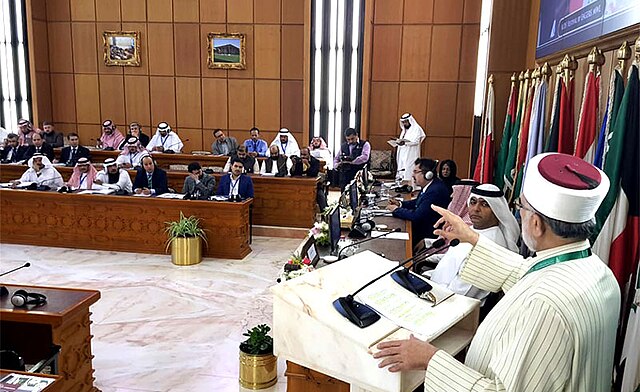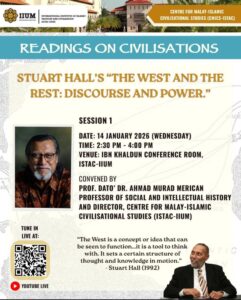Tax Policies to Direct Liquidity Toward Investment in Producti on Within the Islamic Economy

Author (s) : Mohammadjavad Tavakkoli; Mohammadsaeed Panahi; Qanbar Ali Hosseini
Institution : 1. Associate Professor, Economics Department, Imam Khomeini Educational and Research Institute, Iran
2. Assistant Professor, Department of Economics, Islamic Humanities Higher Education Complex, Al-Mustafa Al
Alamiyah University, Iran
3. PhD Student in Islamic Economics, Al-Mustafa University, Iran
Category : Articles, IJMMU
Topics : Investment for Production; Tax Policies; Regulatory Taxes; Government Taxes; Liquidity
Management
Abstract : One of the major economic challenges in Iran in recent decades has been the increasing volume of liquidity, which has caused significant economic problems. One of the key solutions to address the issue of rising liquidity is directing liquidity toward productive investment through tax policies implemented by the government. The objective of this research is to examine tax policies that channel liquidity into productive investment within an Islamic economy. This study conducted using a descriptive-analytical method and relying on library-based sources, explores tax policies, liquidity guidance, productive investment, and various types of Islamic taxes. It also investigates how liquidity can be directed toward productive investment in an Islamic economy through tax policies. Based on the research findings, both types of governmental taxes—income taxes and regulatory taxes—are suitable for steering liquidity into productive investment. Key regulatory tax instruments such as capital gains tax, reduced taxes on production, and value-added tax (VAT) play a crucial role in directing liquidity toward investment in productive sectors of the economy. These measures help prevent the flow of liquidity into unproductive economic activities.
Article can be downloaded here >> Tax Policies to Direct Liquidity Toward Investment in Production Within the Islamic Economy | Tavakkoli | International Journal of Multicultural and Multireligious Understanding







